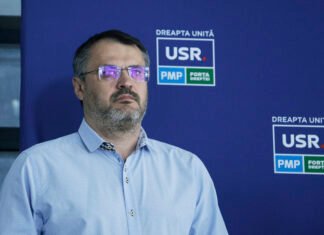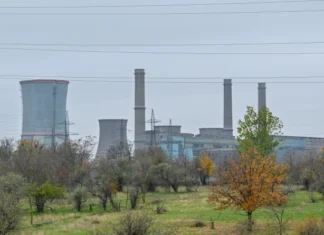Trump’s Cautionary Words to Putin on Ukrainian Ceasefire
In a recent statement, former U.S. President Donald Trump expressed concern over the ongoing conflict in Ukraine, particularly emphasizing the potential repercussions if Russia were to reject a proposed thirty-day ceasefire. Trump characterized such a rejection as „very disappointing,” suggesting that it would further escalate tensions in the region and could hinder any chances for peace. His comments came in response to what he described as a „very promising” declaration from Russian President Vladimir Putin, although he noted that this declaration was not entirely complete.
The backdrop to Trump’s remarks is the prolonged and devastating conflict that has taken a devastating toll on Ukraine and heightened geopolitical tensions in Europe. As calls for peace grow louder, many are looking for actionable steps that could lead to de-escalation. Trump’s warning to Putin appears to reflect both concern for the humanitarian situation in Ukraine and a strategic analysis of the broader implications for U.S. allies and global stability.
Trump further conveyed skepticism about the likelihood of Russia launching an attack against U.S. allies. His assertion was likely aimed at allaying fears that a military escalation could extend beyond Ukraine and pull other nations into conflict. By stating, „I don’t believe Russia will attack U.S. allies,” Trump perhaps sought to frame the situation in a way that minimizes the risk of wider war while also advocating for diplomatic solutions to resolve the crisis.
The current state of affairs in Ukraine has been marked by a series of military engagements that have drawn international condemnation and have resulted in significant loss of life. As diplomatic efforts continue to surface, the international community remains hopeful for a ceasefire that could finally bring about an end to the suffering. Trump’s remarks may resonate with many who wish to see a peaceful resolution, pressing the importance of international dialogue and cooperation in this volatile situation.
Despite the complicated history of U.S.-Russia relations, Trump’s perspective underscores a desire among some leaders for direct communication and negotiation. A favorable outcome from diplomatic discussions, particularly a ceasefire, could serve as a critical first step toward restoring peace in Ukraine and ensuring the security of neighboring countries.
In the face of ongoing hostilities, the call for a 30-day armistice could provide much-needed respite for civilians caught in the crossfire and open avenues for humanitarian aid to reach those in need. It also presents an opportunity for both sides to engage in dialogue without the immediate pressures of military action. While Trump’s perspective offers an insight into one aspect of the complex geopolitical landscape, the global community will ultimately play a significant role in shaping the outcomes of these negotiations.
As the situation develops, stakeholders must remain vigilant and supportive of initiatives aimed at fostering peace and stability in Ukraine. The road ahead may be fraught with challenges, but concerted efforts toward diplomacy and conflict resolution will be essential for lasting peace in the region and beyond. Trump’s caution towards Putin not only reflects his personal viewpoint but highlights a broader need for cooperative efforts to tackle one of the most pressing crises of our time.






